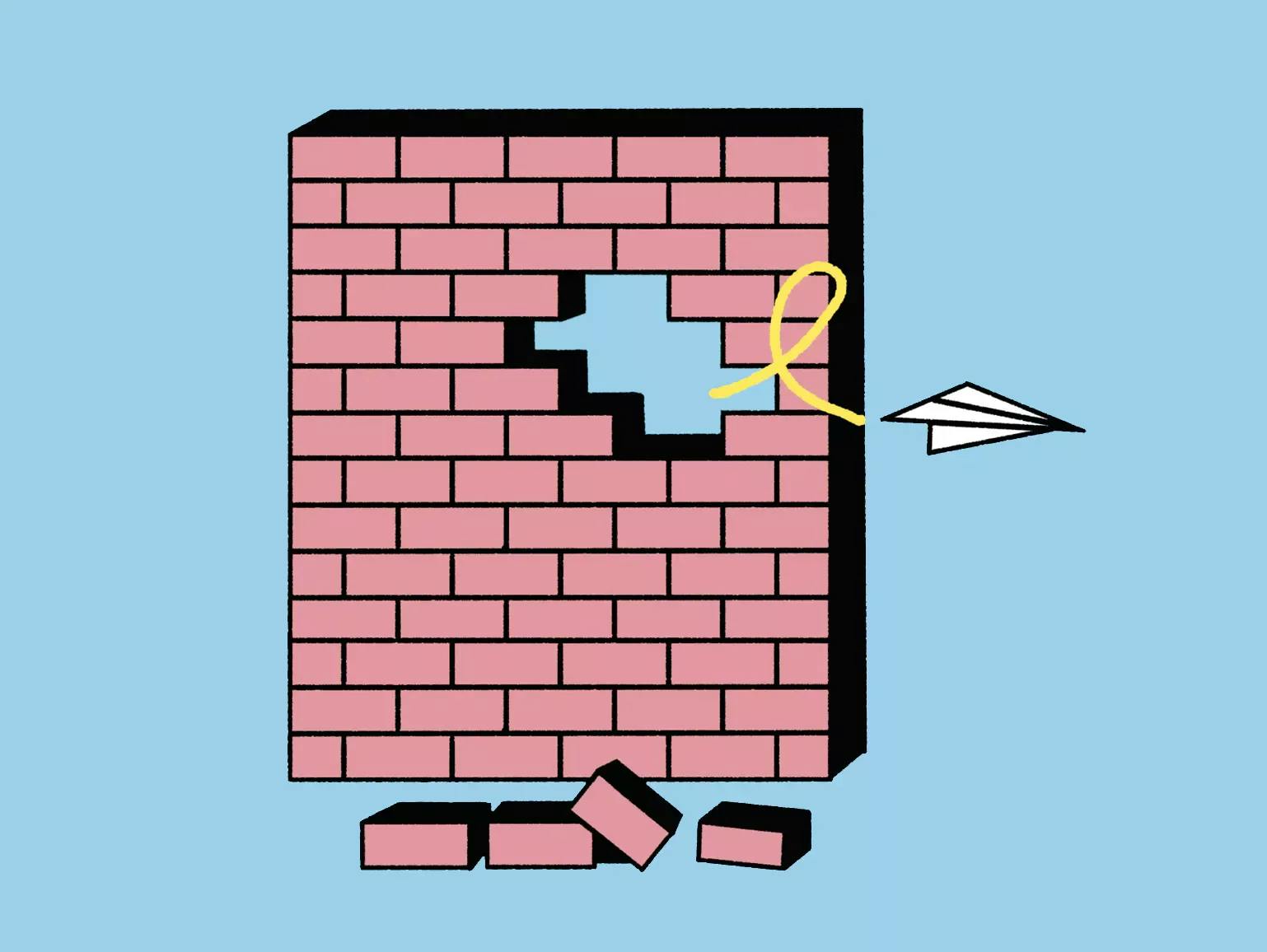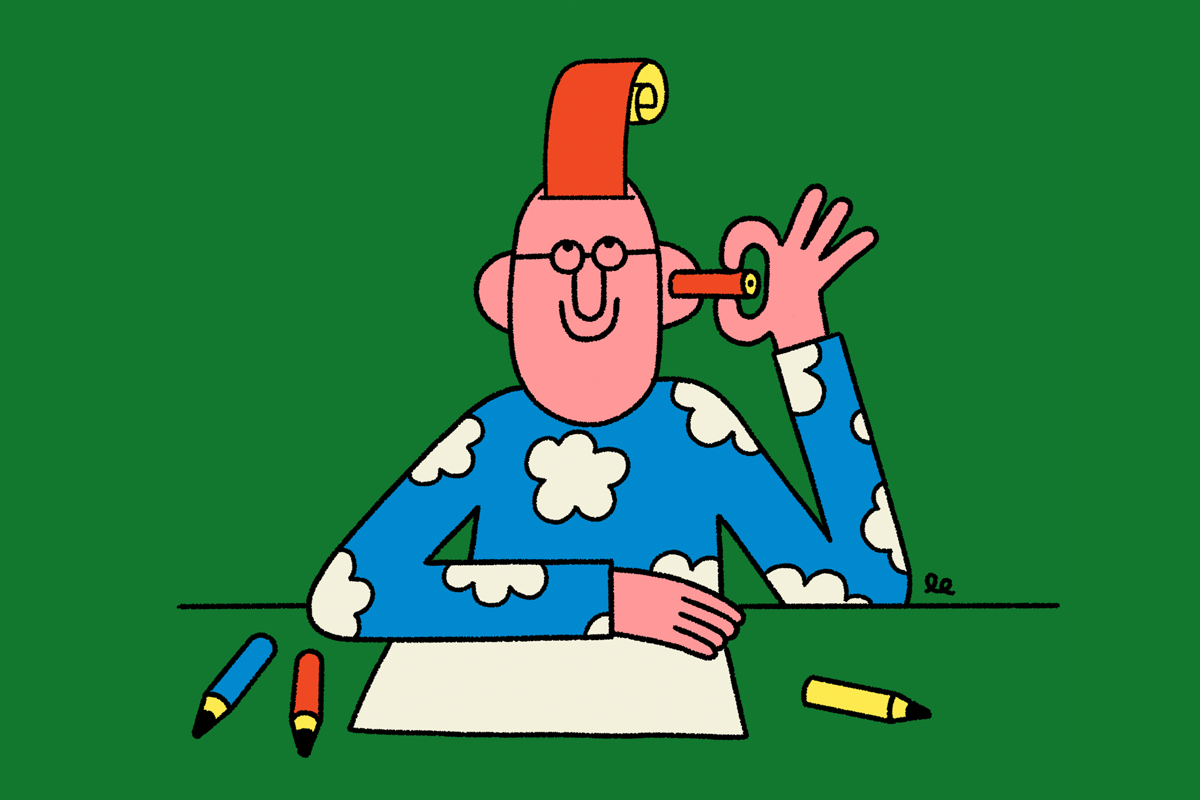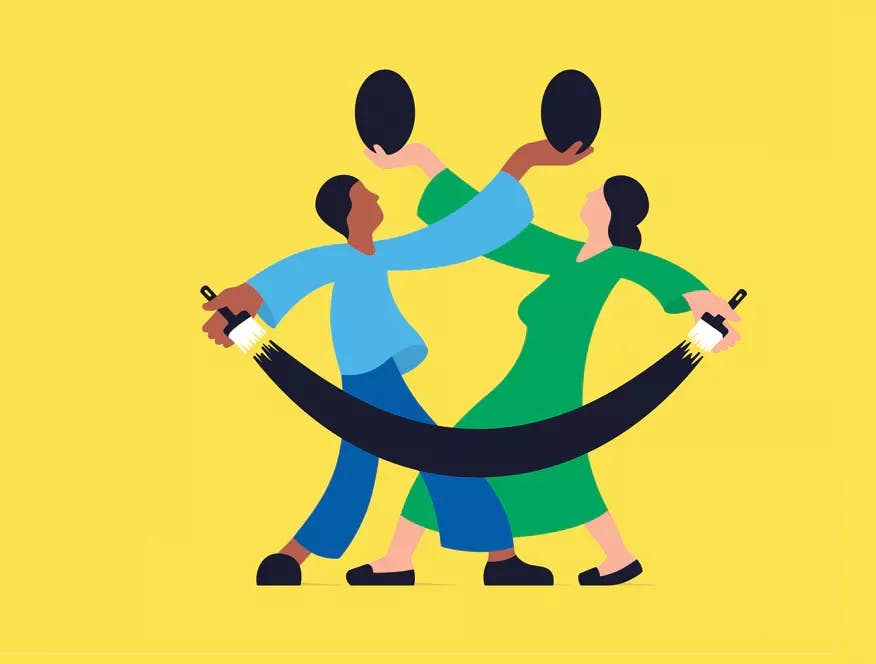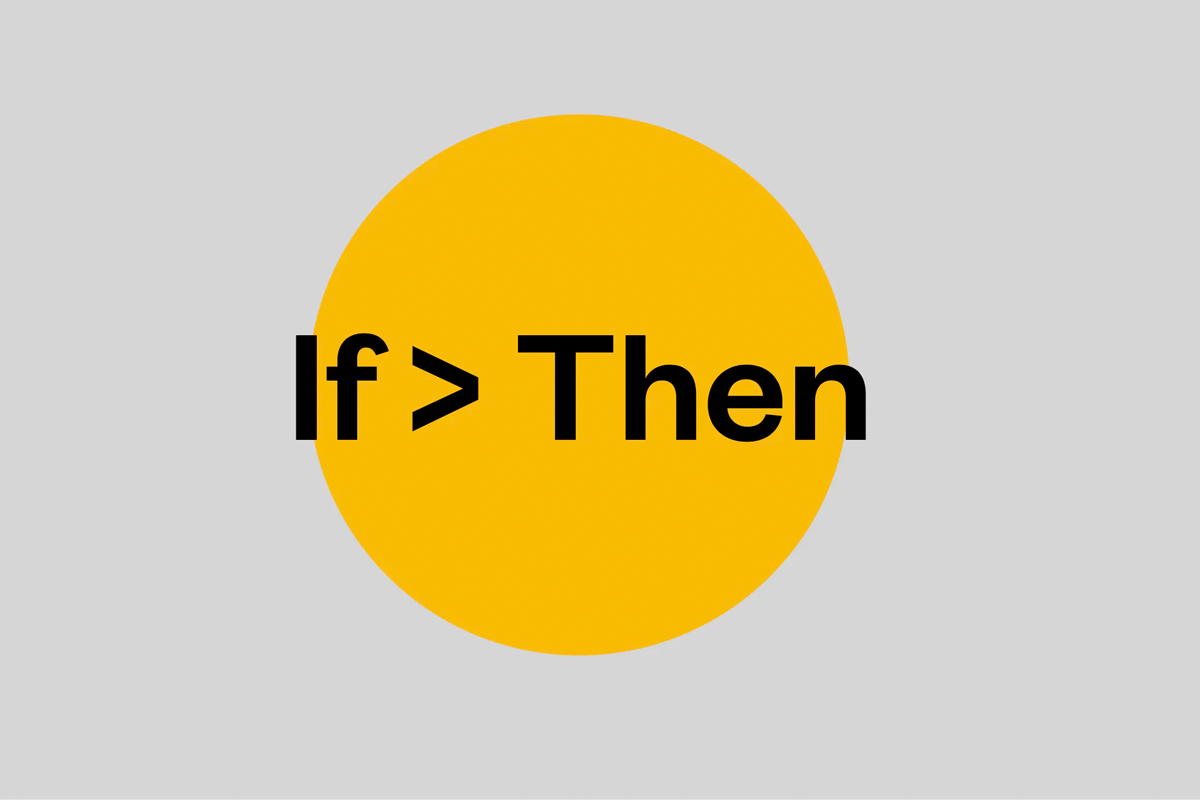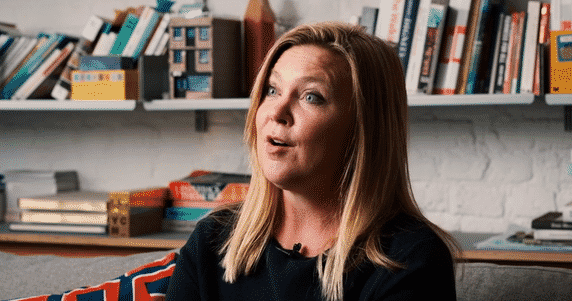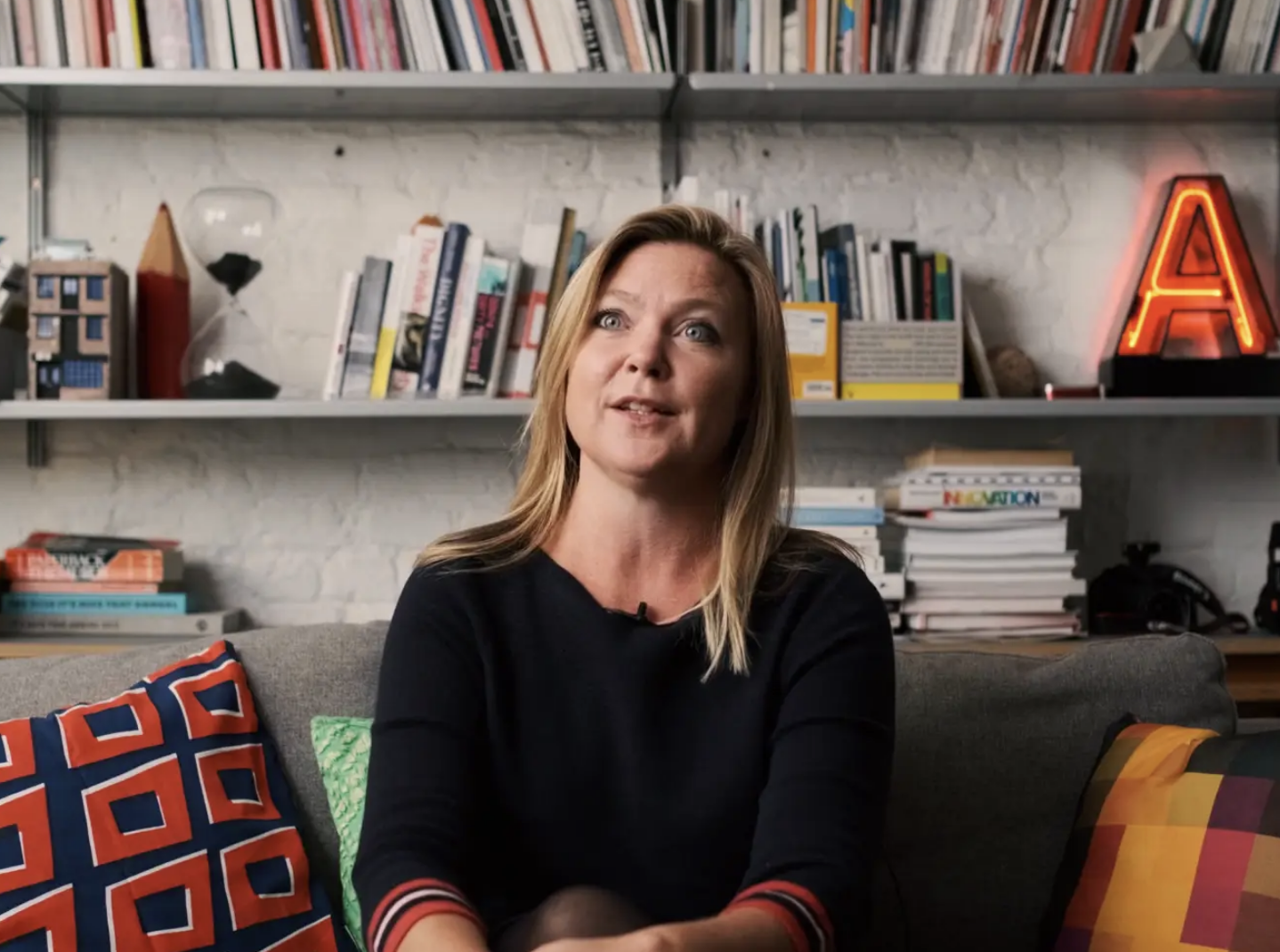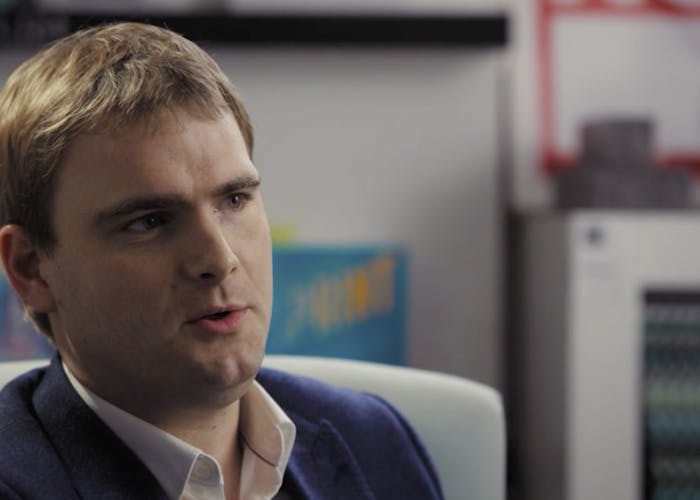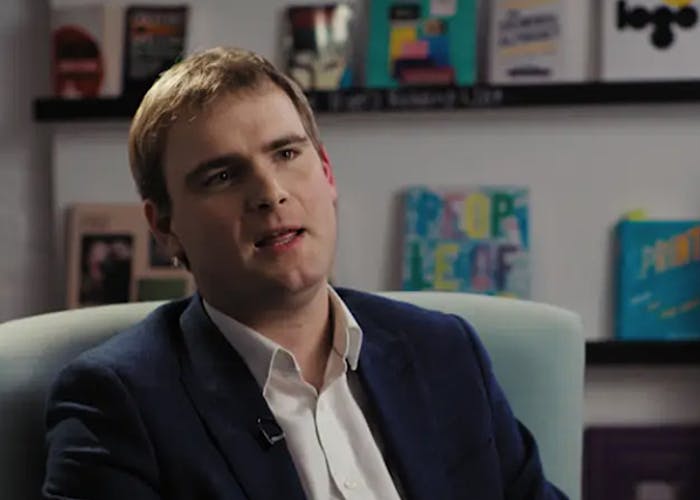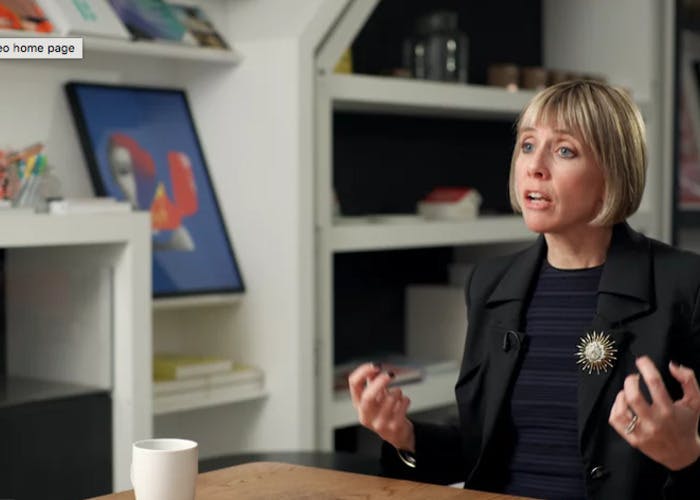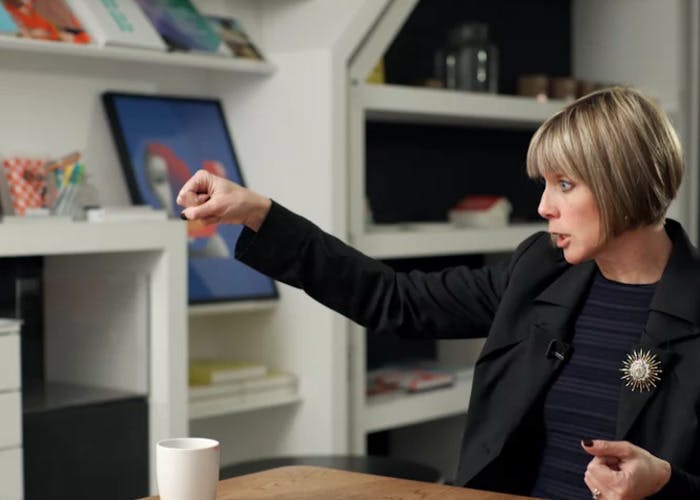Social psychologist Amy Cuddy shares powerful, actionable insights on the impact of our body language
KEY INSIGHTS AND TAKEOUTS
Cuddy gets very specific with statistics, telling us that the vast majority of factors influencing our opinion of someone are entirely non-verbal — for example gesticulation, eye-contact, straight backs and relaxed shoulders.
Cuddy specifically references a Princeton study, which found that a one-second flash judgement of a politician's body language could predict the likelihood of them getting into office with seventy percent accuracy.
👉 It's in our nature to continually interpret the body language we're presented with — and making an effort to consciously notice the ways we do is a good first step in considering our own. What did you notice in the body language of someone you work with today?
We feel happier when we smile, but (unless someone is holding a gun to our head) we also feel happier when we are forced to smile. Even if the feeling isn't initially there, holding a pencil between your teeth for two minutes to coax the muscles into a grin releases dopamine (the happiness hormone) and lifts our mood.
Now, for a moment, think of a confident posture - a 'power pose.' You may have imagined someone with their legs apart and their hands on their hips, or someone leaning forward over a desk with their fists knuckle-down on the surface. Cuddy's research shows that maintaining one of these poses releases testosterone, and in the process makes us more confident. Doing this in private for just two minutes before a job interview can dramatically increase the likelihood of a candidate getting hired.
More recently Cuddy has related the idea of the 'power pose' to the world of Zoom, and how 'filling the screen,' and intentionally becoming bigger in our body language can boost communication and confidence at key moments (sometimes that's as simple as moving closer to the camera for emphasis).
👉 If you're keen to experiment with these ideas further, join our live course on Presence and Gravitas, lead by communication trainer and actress Catherine Allison.
No, says Cuddy, fake it until you become it.
Cuddy has a lot of personal experience with imposter syndrome. She shares, in her talk, how as a nineteen year old university student whose identity revolved around her intelligence, a car crash that damaged her brain and lowered her IQ destroyed her self-belief and sense of self. Even after she was accepted for a prestigious position at Princeton University, she almost quit, until the firm direction of her teacher made her keep going.
Years of research and speaking events later, her research and experience led to a final conclusion: "Our bodies change our minds, our minds change our behaviour, and our behaviour changes our outcomes."
Confidence, to most, isn't something that comes naturally. It's something that must be learnt; and the key to that is enabling lots of quick wins that prove to ourselves we're continually improving and moving in the right direction.
👉 We've invited Ian Robertson — the author of 'How Confidence Works,' — for a live session exploring the ideas in his book, and turning his uniquely neuroscientific perspective into practical takeaways. Do join if you can, to build on what's covered here.
